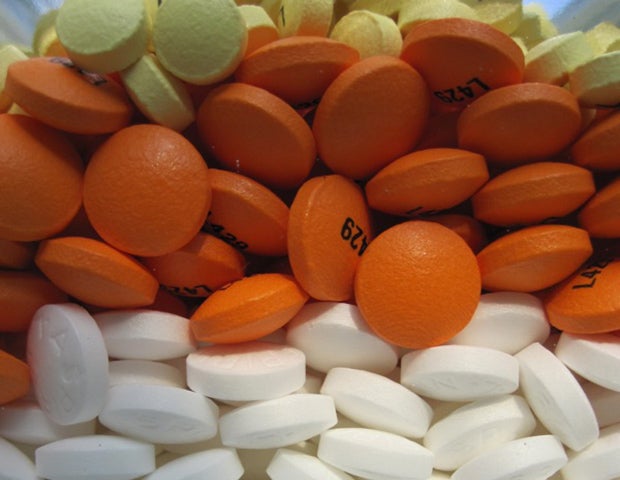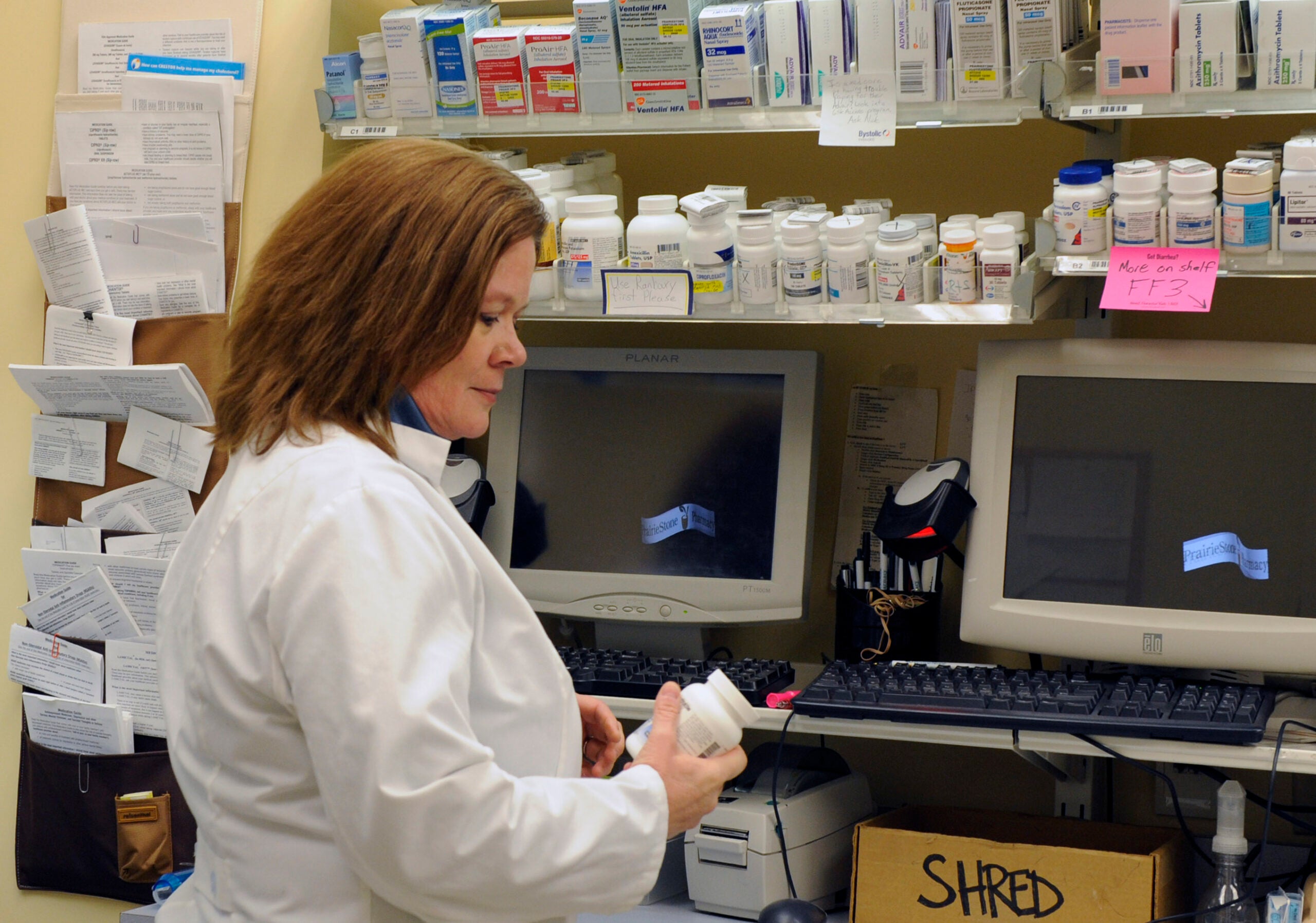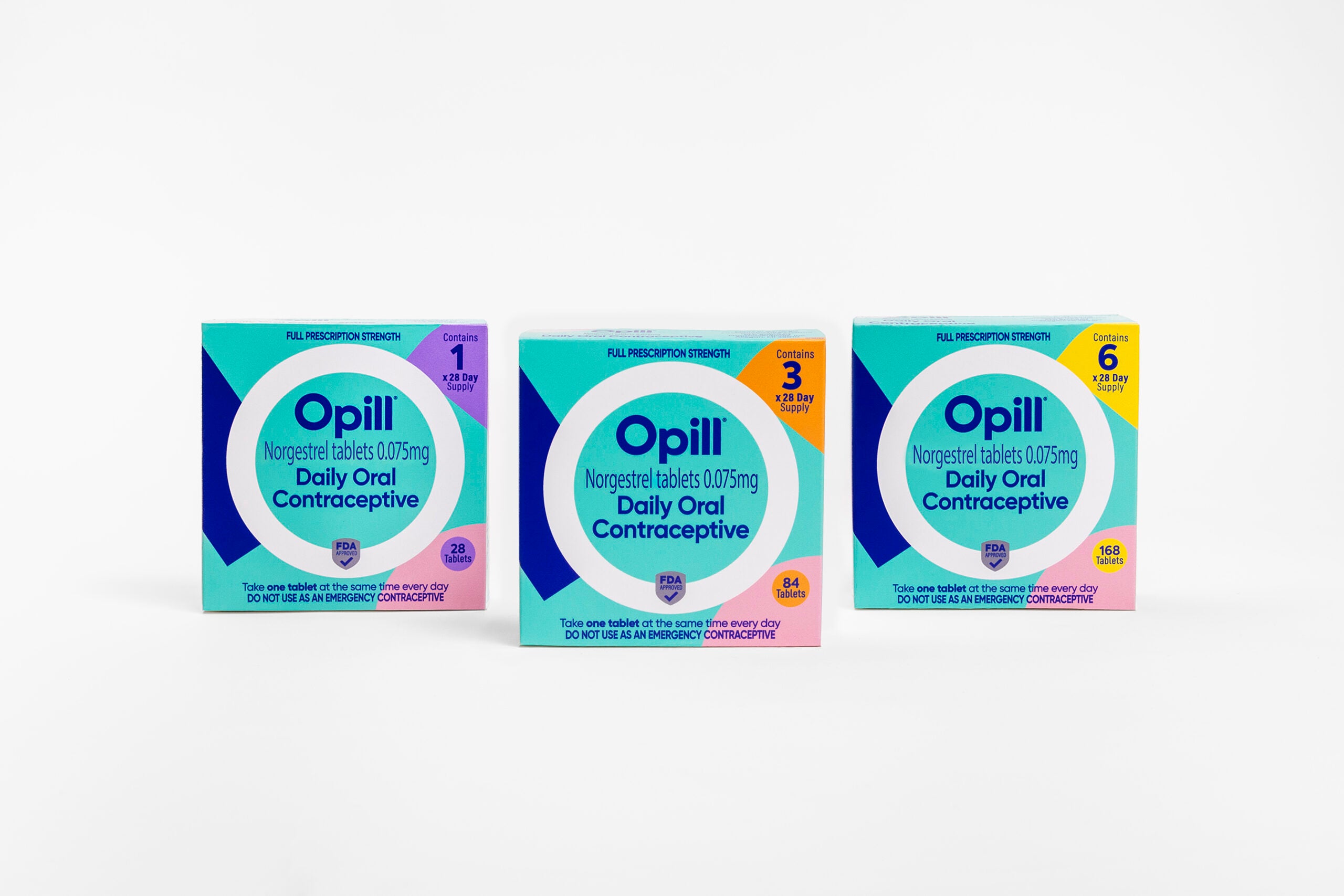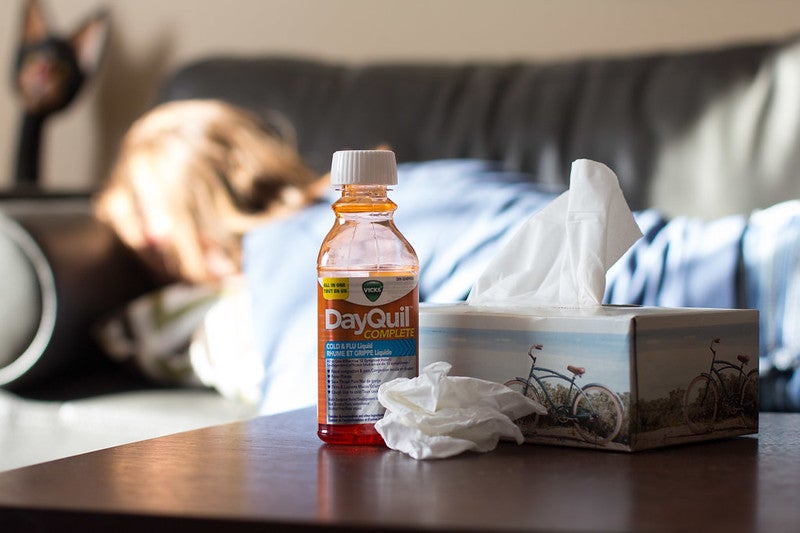Dear Doc: I’m from New Jersey, but my mother-in-law lives in Milwaukee. I caught your radio show when I went to visit her and have been downloading the podcast ever since. Thanks for the good work.
Now, on to my question. Can you tell me what you think about the NSAID meloxicam? I found it’s easier on my stomach than naproxen or ibuprofen and it worked better for me than Celebrex (celecoxib).
I only take meloxicam four to five times a month. I’ve heard it’s associated with cardiovascular risk, but I’m a healthy guy in my mid-50s who exercises all the time and isn’t on blood-pressure or cholesterol medications. — Matt from Jersey
Stay informed on the latest news
Sign up for WPR’s email newsletter.
Dear Jersey: All NSAIDs — with the exception of aspirin, which is in a class by itself — increase the risk of heart attacks. The Food and Drug Administration hasn’t quantified the risks because they don’t know if some of these drugs are worse than others. The exception is those that have been taken off the market, such as Vioxx (rofecoxib).
From an “action” point of view, meloxicam (sold under brand names such as Mobic) is closer to Celebrex than it is to ibuprofen. That means it’s less likely to cause stomach pain and perhaps gastrointestinal bleeding. (That “perhaps,” by the way, is a big perhaps.) As far as how well it works, no study has ever shown one NSAID is superior to another.
In my practice, I’ve found people have different preferences; they will like one drug more than another to take care of their pain. They tell me one works better than another, and I respect that judgment. There are individual differences that science has yet to fully describe.
We know, for example, many Japanese people do not have workable copies of a certain gene, CYP2D6, responsible for an enzyme that metabolizes codeine into a form the body can use. So they don’t get pain relief from this drug.
Maybe this is the same thing with some forms of NSAIDs. There may be genes that work to metabolize the drug that we haven’t yet discovered.
In any case, if it works for you keep it up. And I like the idea you only use it when you need it. That clearly reduces your risk, since every time you take a medication you are taking its side effects, no matter what they are.
By the way, meloxicam is available as a generic drug. If you pay for it yourself, call more than one pharmacy or try a website GoodRx to find the best deal.
I called around and found that a 30-day supply at one pharmacy cost $27, while another pharmacy charged just $4. But don’t think the first pharmacy is cheaper for all its drugs; it’s been my experience that idea doesn’t pan out.
My parents had a mom-and-pop dime store. They had “loss leader” sales all the time: Sell something where you don’t make a profit to get the customer into the store so they’ll shop for something you can make a profit on. Pharmacies have the same model, so check it out.
Hi, Dr. Zorba: I just discovered your podcast and have begun listening to it regularly. You recently said soy yogurt did not have probiotics such as Lactobacillus acidophilus. I want to set the record straight: You’re wrong.
Soy yogurts do have probiotics. And they have another advantage over regular yogurt: They don’t hurt animals.
And one more question: My partner recently visited his father, who was taking bilberry supplements to help his eye floaters. Any proof that it works?
Love the show and glad, through the magic of podcasts, I can get it in Ireland. — Dr. R.G., University of Limerick
Dear Listener: Thanks for the update. You’re right, I’m wrong. I’ve now done my homework.
Probiotics occur naturally in regular, milk-based yogurt. They’re an integral part of the yogurt-making process. Soy-based yogurt does not naturally have probiotics, but they are added to the yogurt when it is made — a natural “additive.”
Now, as for floaters, there isn’t much you can do about them. The bilberry won’t work. I wish it did, because I have them, too.
There are some exercises people can do to move the floaters out of their visual field, and they seem to work for me. Look up and then down, up and then down, 10 or 20 times, and you can often get these pesky reflectors out of your visual field. Let him try that and save his money on the supplements. Stay well.
Wisconsin Public Radio, © Copyright 2024, Board of Regents of the University of Wisconsin System and Wisconsin Educational Communications Board.






